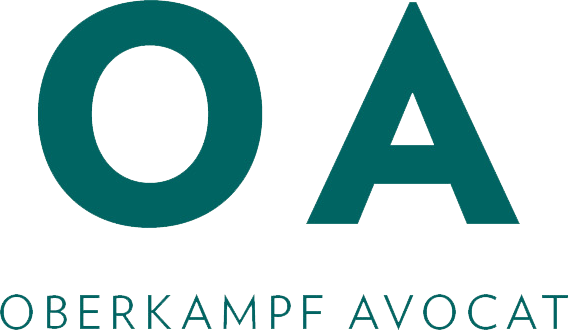Key highlights from July 2025 in the sustainability space.
1- International Court of Justice rules on countries’ climate change obligations
On July 23, the International Court of Justice (ICJ) issued a landmark advisory opinion on the obligations of states regarding climate change, following a 2023 request by the UN General Assembly.
According to the opinion, all states have binding obligations under climate treaties, customary international law, other environmental conventions, and human rights law to prevent significant harm to the climate system. This includes duties to reduce greenhouse gas emissions, cooperate internationally, regulate private sector activities, and provide adaptation support. Even subsidising fossil fuel production could be considered in breach of these obligations, which are considered owed to the international community as a whole.
As such, countries can be held legally accountable for climate harms, potentially including historic emissions and fossil fuel subsidies. While this decision is purely advisory, it is expected to strengthen the legal foundation for climate accountability claims, leading to more climate-vulnerable nations pursuing compensation for climate-related damages from high emitting countries.
2- EU Commission publishes voluntary sustainability reporting standard for SMEs
On July 30, the European Commission unveiled a voluntary sustainability reporting standard for small and medium-sized enterprises (SMEs), designed to ease their compliance burdens and improve their access to sustainable finance. The Voluntary SME Standard (VSME) is an interim measure that has been introduced ahead of a formal delegated act that will form part of the Omnibus I simplification package.
Developed by EFRAG, the VSME is intended to help smaller companies respond to growing sustainability information requests from large corporates and financial institutions, while also supporting their own monitoring of sustainability performance and competitiveness. The Commission is encouraging larger entities to base their data requests on this framework wherever possible.
3- White House unveils AI Action Plan
On July 23, the White House unveiled Winning the AI Race: America’s AI Action Plan in line with President Trump’s January 2025 executive order on Removing Barriers to American Leadership in AI.
The plan sets out more than 90 federal policy actions across three pillars: accelerating AI innovation, building American AI infrastructure, and leading in international AI diplomacy and security. The plan underscores an urgency to scale infrastructure, expand skilled AI-related trades, and set global standards that keep American technology at the forefront of the AI race.
In addition to its structural pillars, the AI Action Plan is said to be guided by the principles of “empowering American workers, ensuring ideological neutrality and protection against misuse.” Ensuring ideological neutrality in this context is intended to guarantee that only "unbiased" large language models considered free from "ideological dogmas such as DEI" and other "partisan or ideological judgments" are eligible for government use.
4- EFRAG launches live portal tracking ESRS implementation
On July 23, EFRAG launched its “State of Play 2025” portal, providing the first comprehensive snapshot of early compliance with the European Sustainability Reporting Standards (ESRS) under the Corporate Sustainability Reporting Directive (CSRD).
Drawing on 656 sustainability statements issued between 1 January and 20 April 2025, the platform offers an interactive statistics dashboard, a full repository of reports, and an accompanying analysis of key trends. It finds that only 10% of companies identified all ten topical ESRS standards as material, with climate change, workforce, and governance being most frequently reported.
5- PRI publishes framework on Sustainability Value Creation in private markets
On July 23, the Principles for Responsible Investment (PRI) published a guide aimed at helping investors use sustainability to drive financial outcomes in private markets. The guide is the result of a collaboration with Bain & Company and NYU Stern Center for Sustainable Business, which will continue beyond this initial publication through its second phase aimed at quantifying financial impact from sustainability initiatives for specific industries.
The guide, which was developed with input from more than 400 investment organisations globally, underscores the opportunities for financial value creation through sustainability both at the investment firm and portfolio company levels. It provides practical approaches to sustainability integration, from key activities in strategy and fundraising to organisational enablers. This approach is instructive as it positions sustainability not just as a compliance exercise but as a course of competitive advantage in private markets.
- Content prepared with the help of Defne Fresko Tasci.
